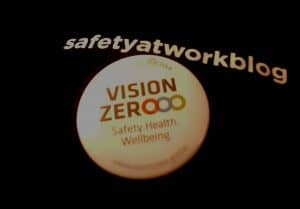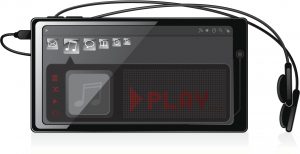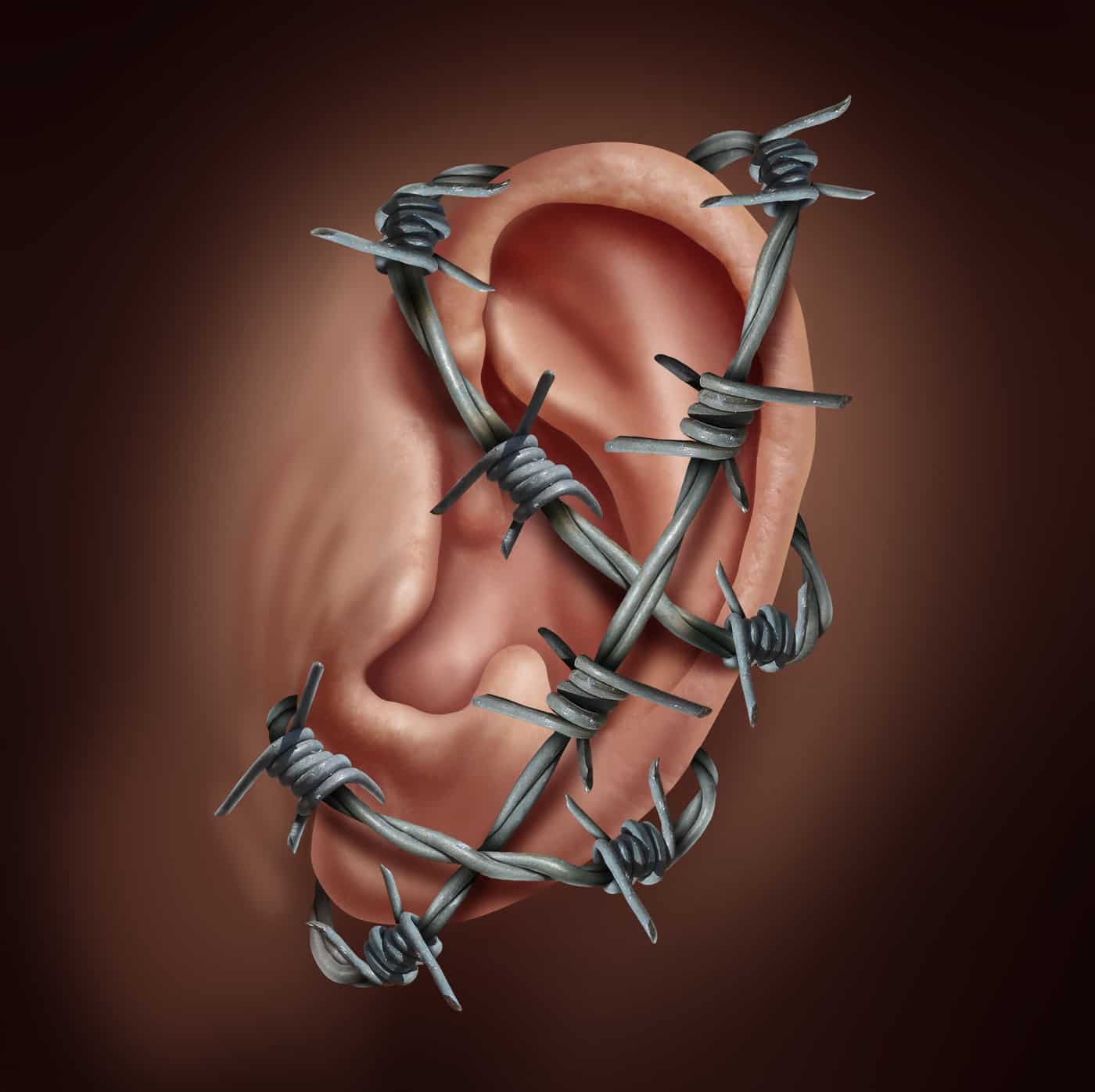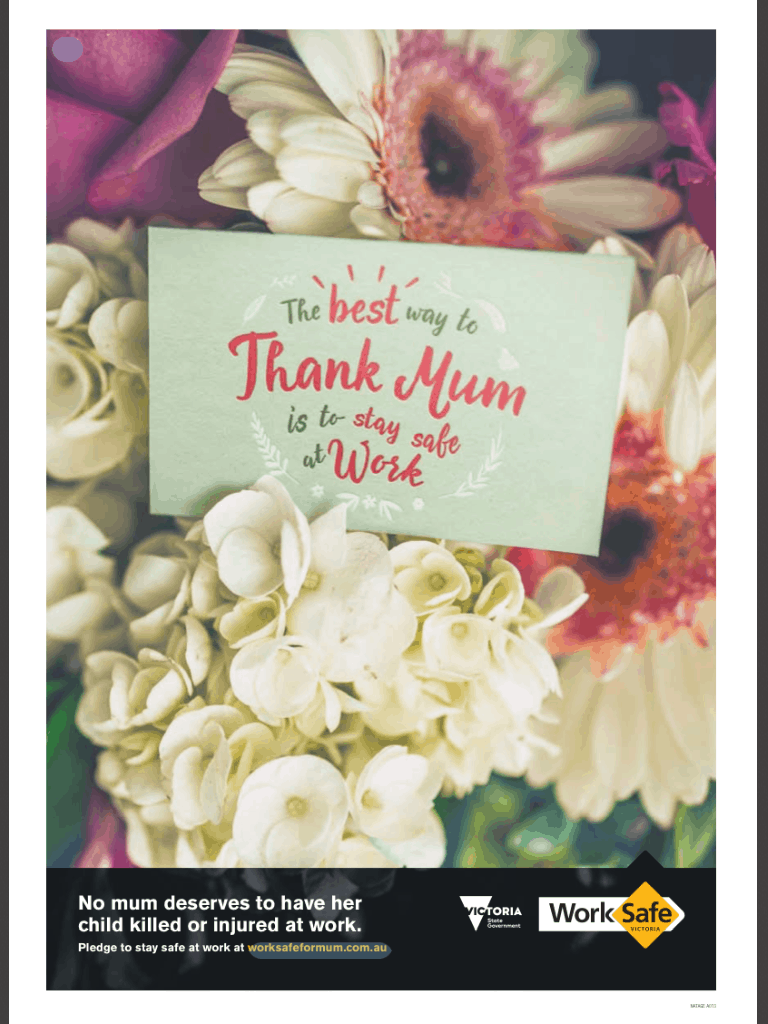 A major theme of the World Congress of Safety and Health 2017 is the extension and strengthening of the Vision Zero concept. One of major advocates of this is Hans-Horst Konkolewsky, of the International Social Security Association. Konkolewsky sees Vision Zero as a “life changer”.
A major theme of the World Congress of Safety and Health 2017 is the extension and strengthening of the Vision Zero concept. One of major advocates of this is Hans-Horst Konkolewsky, of the International Social Security Association. Konkolewsky sees Vision Zero as a “life changer”.
Any safety concept that includes the word “zero” is inflammatory to some sectors of the Australian occupational health and safety (OHS) profession as is evident by some of the tweets received by @SafetyOz over the last few hours. Late on Day One a question from the audience also expressed wariness over the use of the concept. However SafetyAtWorkBlog was able to interview Konkolewsky at the congress over a decade after our first interview, when he was head of EU-OSHA. We outlined the Australian perspective – “Zero Harm” – and his clarification of Vision Zero is important.
Below is audio of the exclusive seven minute interview.



 The research study conducted by David Moore and others was focusing on “lifetime leisure music exposure” so workplace noise is mentioned in the report only in passing.
The research study conducted by David Moore and others was focusing on “lifetime leisure music exposure” so workplace noise is mentioned in the report only in passing.